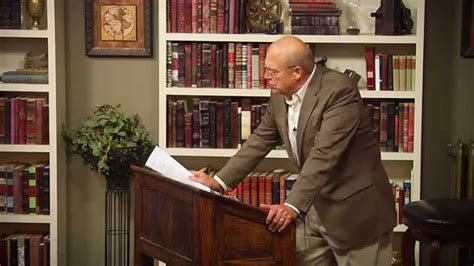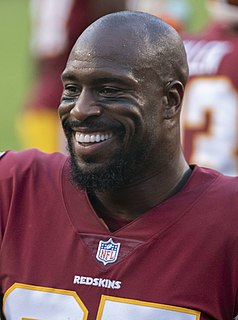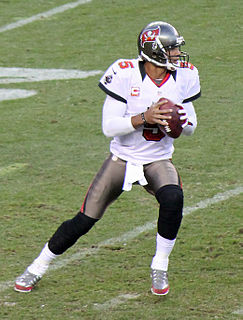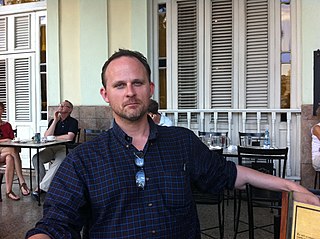A Quote by David A. Noebel
Related Quotes
I think, as a quarterback and a leader, it's not necessarily what you do in the limelight. Obviously, you want guys handling themselves in an appropriate manner for the organization and the team, but you need to be who you are. If you're a guy who does that and can be a leader, and naturally that's what you want to do, awesome.
The first rule is you have to create a reality that makes the reader want to come back and see what happens next. The way I tried to do it, I'd create characters that the reader could instantly recognize, and hopefully bond with, and put them through situations that keep the reader on the edge of their seat.
It's an important moment as a reader, I think, when you can forget the question of whether you need to know what happened. Some people really want hard explanations. I'm the other way. I like mysteries. I don't want to frustrate people. I don't want people to feel like they got no answers, but I want to approach the mystery and sit with it.






































